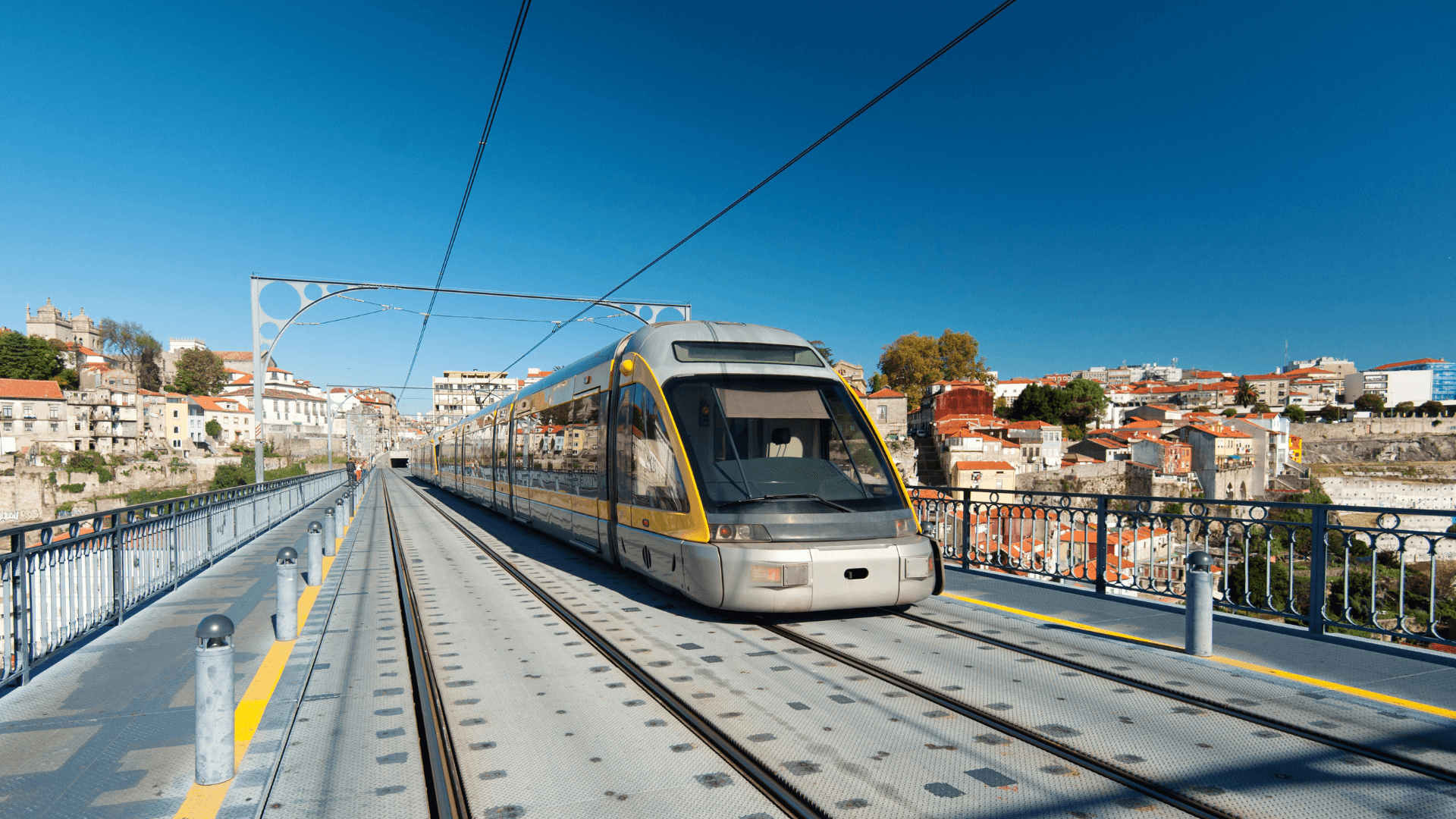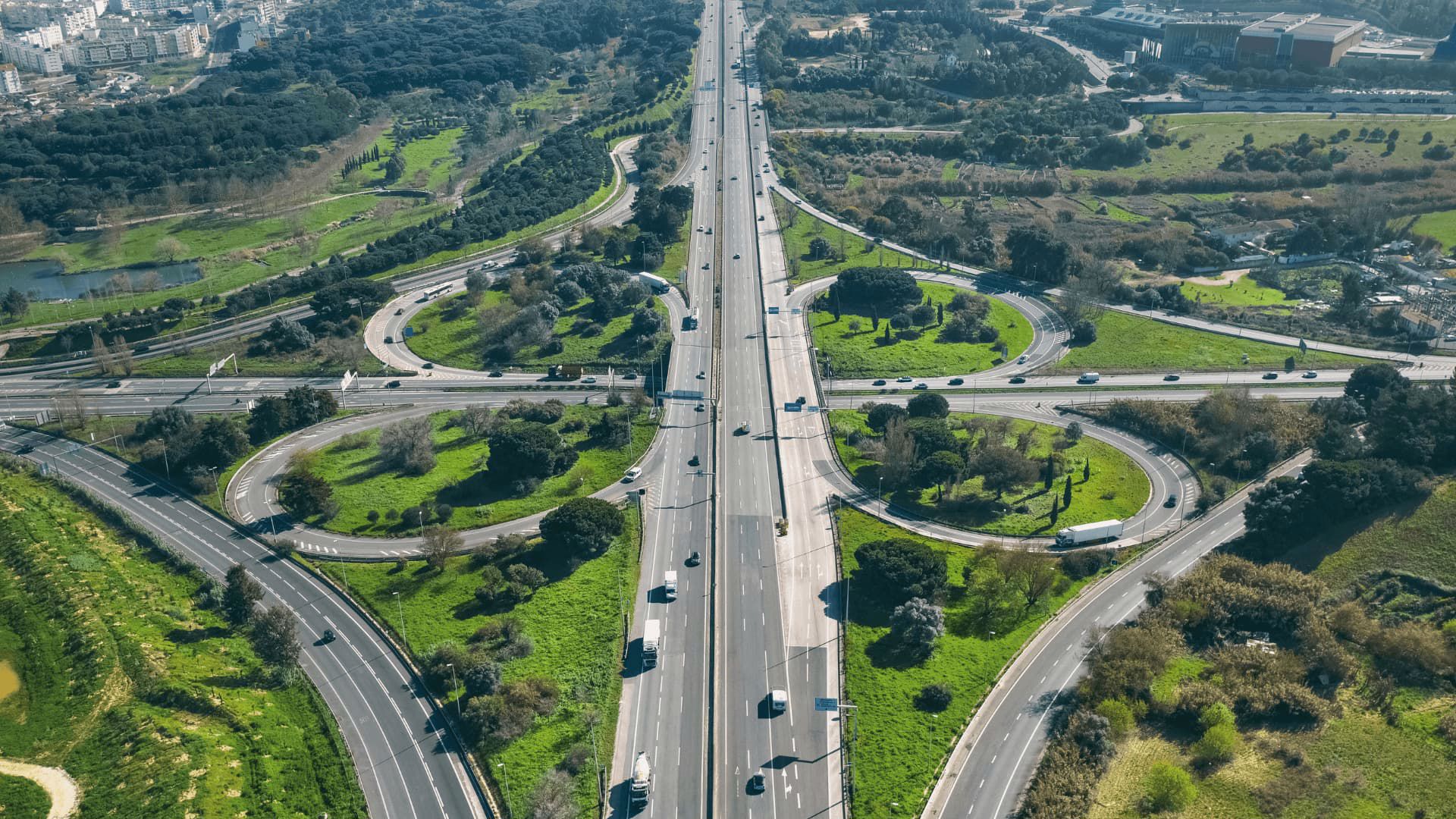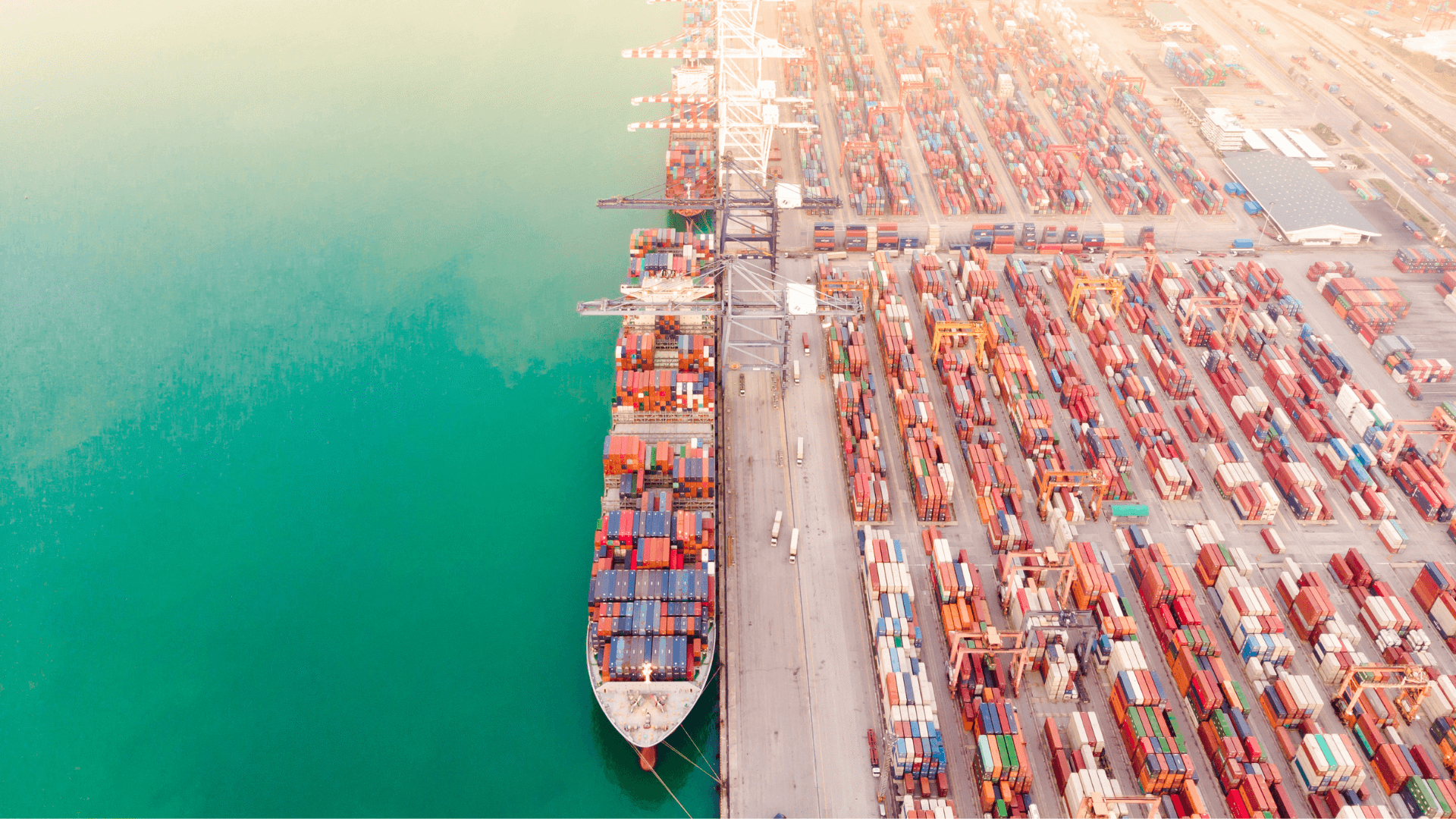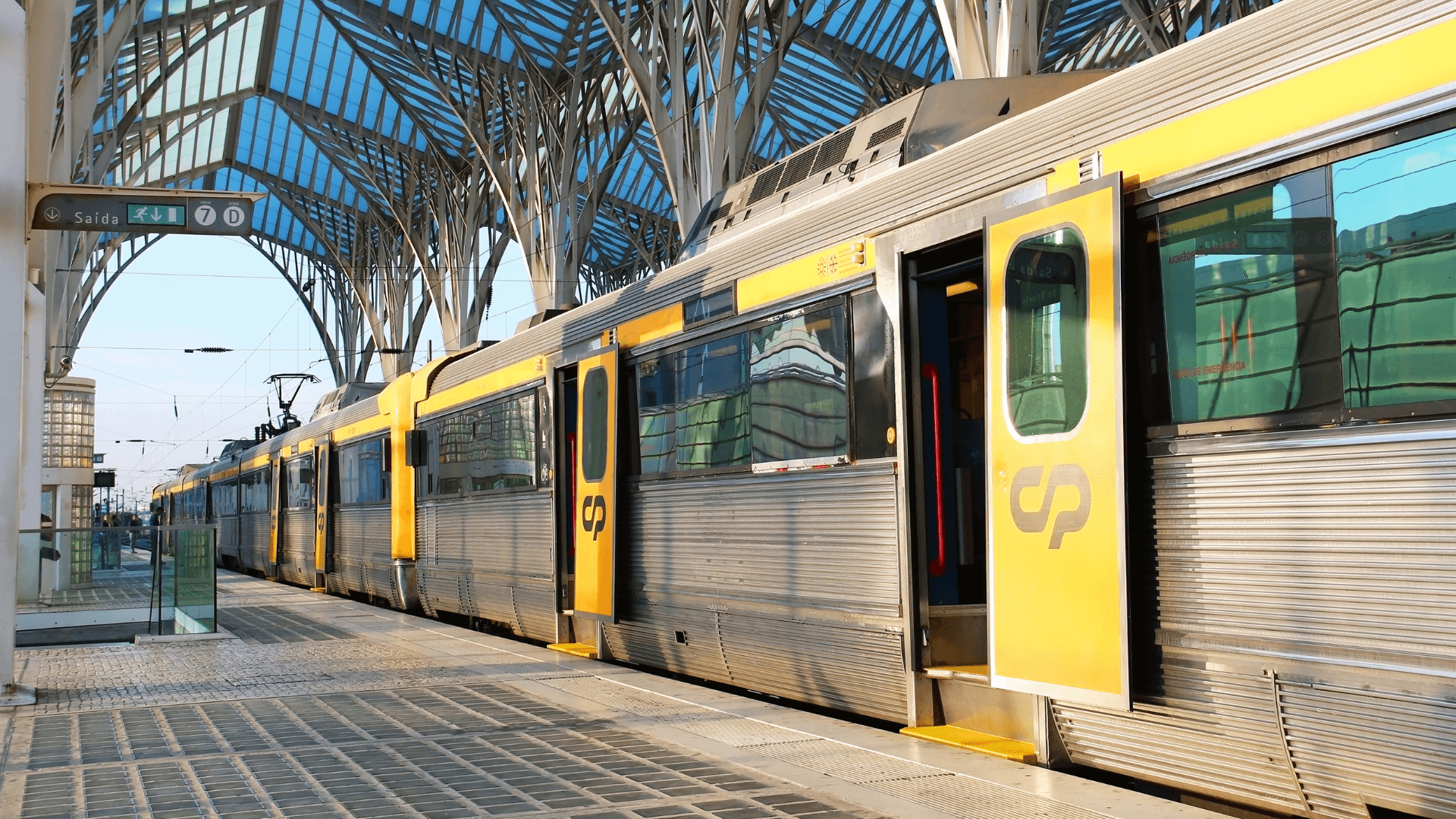98%
5G Coverage
Source: DESI 2024

With a vast network of air, land and sea routes, plus a state-of-the-art digital infrastructure, Portugal offers efficient and reliable connectivity to all parts of the world.
An integrated transport system for efficient logistics
As a transatlantic bridge and central point for important international routes, Portugal boasts a high-quality infrastructure that sets the stage for success in various industries.
The country offers a modern transportation network, reliable energy grid and advanced telecommunications infrastructure that allow businesses to thrive, innovate and capitalise on global opportunities.

Global Competitiveness report 2019 (141 countries), World Economic Forum

The Portuguese road infrastructure is very well developed, with modern motorways, a pioneering electronic toll collection system (Via Verde) and multiple direct accesses to the Spanish border and onwards to the rest of Europe.
Portugal’s highways stretch over 3,000 km, making it the third country in Europe with the most extensive highway network per inhabitant, according to the latest Eurostat data (2021). It is possible to drive across the entire country from north to south – around 700 km – in under seven hours.
Portugal is served by four international airports on the mainland – Lisbon, Porto, Faro and Beja, offering direct flights to major destinations in Europe, Africa, the Middle East and the Americas.
In the capital city, Lisbon Airport is the international gateway to Portugal, hosting regular flights to more than 120 destinations. It is one of the most important European hubs to Brazil and Africa, and the biggest European airport serving South America.
In Porto, located in the northern part of the country, you will find the fastest-growing airport in Portugal. Porto Airport offers direct flights to more than 80 destinations and has been distinguished multiple times as one of Europe's best mid-sized airports by the ACI Airport Service Quality Survey.

Portugal offers six international ports with sea-rail intermodality, connecting to Spain and Central Europe: Viana do Castelo, Leixões and Aveiro in the north, and Lisbon, Setúbal and Sines in the south.
Located amidst the world’s major maritime shipping routes, these highly developed facilities connect the Mediterranean region with Northern and Central Europe and enable maritime trade among the Far East, Africa, Europe and American continents.
All seaports have implemented the Logistic Single window – a single interface for the shipping sector where clearance procedures are fully handled electronically, thus reducing transit times and improving efficiency.
Portugal’s telecom infrastructure is modern and reliable, ensuring access to cutting-edge technology and high-speed internet connectivity. Optical fibre already covers 90% of all Portuguese households and 70% of rural households, which places Portugal well above the EU average, according to a 2023 report by FTTH Council Europe.
The country also boasts an extensive network of intercontinental submarine cables, making it the only nation in the world to be linked to all continents (excluding Antarctica). These state-of-the-art cables ensure fast and reliable data, voice, and multimedia transmission, enabling businesses and citizens to communicate seamlessly across the globe.
Thanks to this continuous commitment to invest and improve its telecom sector, Portugal ranks 8th in communication technology among 63 countries in the IMD World Digital Competitiveness Report 2023.

Portugal's railway system encompasses an extensive network that covers thousands of kilometres across the country. It connects major cities, towns and economic centres, facilitating seamless travel and transportation.
The country's geographic location in Europe further enhances the significance of its railway system, serving as a crucial transportation link between other European countries. Portugal’s rail network offers three cross-border connections for both passengers and cargo, the majority of which is electrified.
Portugal has been paving the way for renewable energies for over two decades and has demonstrated important leadership in the transition towards clean energy, by integrating electricity from renewable sources of energy.
In 2021 Portugal became the fourth EU member state to go coal-free. Thanks to substantial natural resources and an effective energy policy, the country produced 80% of electricity from renewable sources in 2024, in particular from hydro, wind and solar, making it one of the highest shares of green energy consumption in Europe.
From a technological point of view, innovative projects are being implemented such as the integration of wind and solar farms, having recently pioneered Europe's largest floating solar park, and is at the cutting edge of experimental projects to turn ocean waves into green electricity.